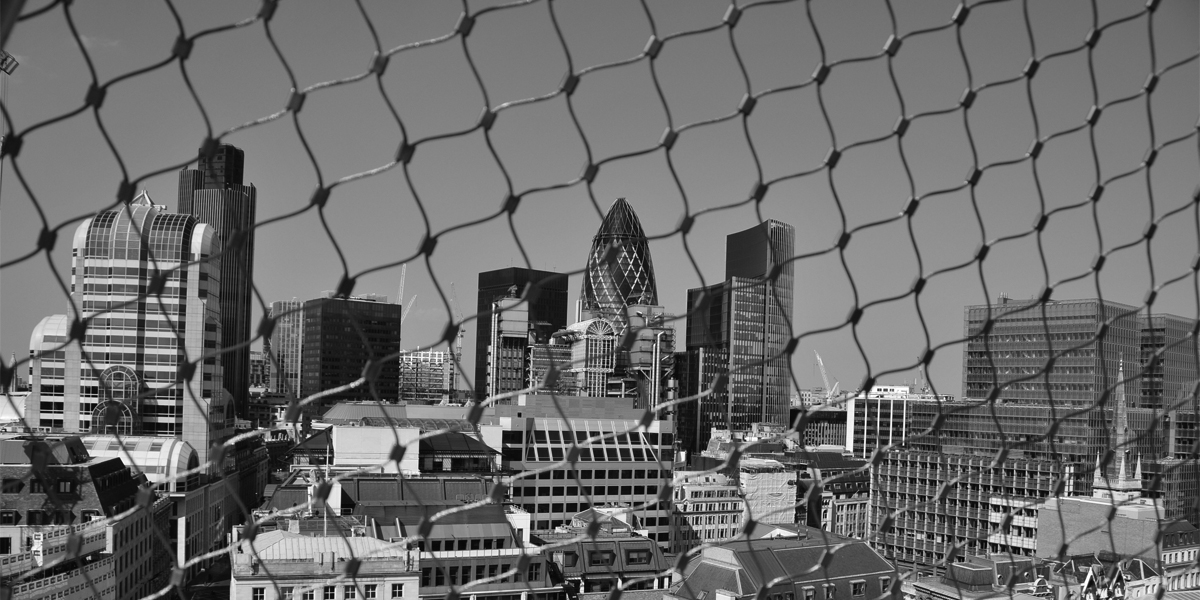Living on borrowed time? The vital data that everyone is ignoring
The UK reached a significant macroeconomic anniversary at the end of last year: the country's consecutive deficit on the current account turned 30 years old. Once was the time when ‘balance of payments’ issues of this kind mattered politically. But...
The UK reached a significant macroeconomic anniversary at the end of last year: the country’s consecutive deficit on the current account turned 30 years old. Once was the time when ‘balance of payments’ issues of this kind mattered politically. But the first data for 2014 passed, unsurprisingly, without a murmur.
In the context of the UK’s trade with the rest of the world, a current account deficit shows that we are a net borrower: broadly, the value of our imports is greater than our exports. The gap between the two has to be paid for, by attracting investments or loans from foreign countries.
As part of a wider discussion about the future of responsible capitalism and sustainable growth in the UK, the balance of payments shouldn’t be ignored, or seen as a relic of a bygone era. It provides a warning signal of the problems associated with the UK’s lopsided economic model and evidence of the need for radical reform.
Let’s take a look at the figures. In the first quarter of 2014 the current account was in deficit to the tune of 4.4 per cent of GDP or £18.5bn (down from £23.5bn in the last quarter of 2013).
After 30 years it would be odd to describe this situation as unsustainable. Nevertheless, a worsening current account points to features of the UK’s economy which need to be strengthened if a more balanced or ‘responsible’ capitalism can flourish. The balance of international trade may seem remote, but its dynamics are closely bound up with what happens at home.
As a recent Fabian report on the topic put it:
“There’s no consensus on what an ideal current account should be: there are downsides for economies which are strong net exporters. However, there is very broad agreement that the UK’s high and persistent current account deficit is undesirable because it comes with the costs of paying overseas creditors.”
Economists think of the current account balance as the difference between national savings and investment. National savings (public and private) are used to finance investment. So other things being equal, low rates of saving can lead to a current account deficit unless investment deteriorates too.
This can be seen by reading the chart below which shows national savings and investment against the chart above showing relative improvement and deterioration in the current account balance.
What can be done? One major plank of a strategy for rebalancing the economy involves increasing investment which can be expected to improve economic strength and productivity in the years to come. However, the UK currently lacks the level of saving and investment to capitalise on this route to growth. Although at the start of 2014 business investment has shown signs of picking up, to date a very significant component of the recovery has been household consumption.
At the same time productivity levels have gone from bad to worse. In 2012 UK productivity was over 20 per cent below the G7 average. At the start of 2014 productivity measured by output per hour worked was four per cent below its level in 2008 and remains a considerable bump in the road to recovery.
As Labour’s Stewart Wood has put it elsewhere, more of the same won’t steer the economy onto a new path:
“[We] need to find a different model of how we pay our way in the world in the future … to raise our game on the productivity front, we need to have a different approach to wealth creation at home.”
One dimension of an alternative model which all politicians subscribe to is boosting the UK’s export performance. Doing that will partly depend on developing supply-side reforms in skills, ownership, finance and corporate governance and the speed at which adjustments of the kind take to occur. It may also require a more ‘mission oriented’ view of industrial strategy which goes beyond correcting market failure.
Few disagree on the need for authentic post-crisis reform to incorporate external as well as internal balance. The challenge for responsible capitalism is to show how these are two sides of the same coin.



